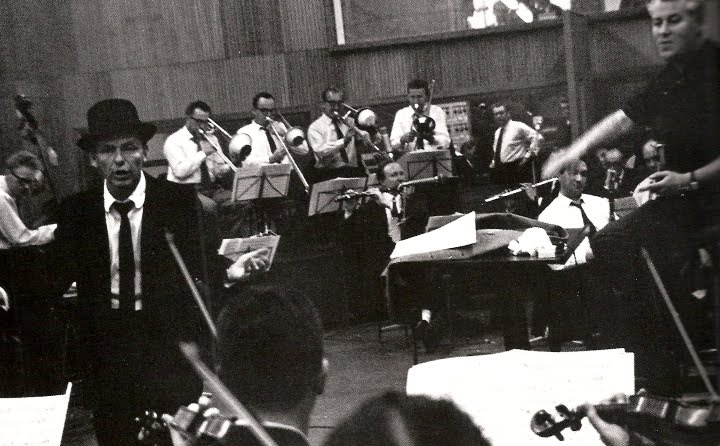Was ist Mother Earth Radio?
Radioqualität vom Feinsten!
Hi-Res-Audio-Pionier
Seit Februar 2020 leistet Mother Earth Radio Pionierarbeit bei der Ausstrahlung der besten Radioqualität, die weltweit verfügbar ist. Wir spielen nicht einfach nur Musik, wir definieren neu, was es bedeutet, zuzuhören.
Die Definition von Radioqualität
Wir bei Mother Earth Radio glauben, dass Radioqualität mehr ist als bloßer Klang; es ist ein Erlebnis, das technisches Können, musikalische Integrität und philosophische Tiefe vereint. Wie wir das erreichen, erfahren Sie hier:
Technische Qualität
Die Grundlage einer jeden Sendung ist ihre technische Qualität. Im Gegensatz zu Mainstream-Sendern, bei denen die Musik möglicherweise überbearbeitet wird, streben wir nach Authentizität. Wir vermeiden den Lautheitskrieg, bei dem die leisesten Momente künstlich verstärkt werden, um ein natürliches Hörerlebnis zu gewährleisten.
Klangqualität
Wir senden im FLAC-Format mit 192kHz/24bit, das die Musik so wiedergibt, wie sie eigentlich gehört werden sollte. Der Großteil unserer Musik stammt von Vinyl, um die Wärme und die Details analoger Aufnahmen zu bewahren. Diese Wahl spiegelt unser Engagement für die ursprüngliche Kunst der Musikproduktion wider, bei der jede Note in Echtzeit von den besten Musikern zusammen gespielt wurde.
Qualität der Musik
In der Vergangenheit wurden Musikaufnahmen gemacht, bei denen alle Musiker gleichzeitig spielten – ein Beweis für ihr Können und ihr Zusammenspiel. Diese heute selten gewordene „Live“-Aufnahmetechnik fängt die spontane Magie der Darbietung ein – etwas, das wir bei Mother Earth sehr zu schätzen wissen. Bei den heutigen digitalen Überlagerungen geht diese menschliche Note manchmal verloren, und wir bemühen uns, sie wieder in Ihre Ohren zu bringen.
Menschliche Note vs. digitale Präzision
Mit dem Aufkommen von Computern in den 90er Jahren verlor die Musik etwas von ihrem Groove, dem natürlichen Auf und Ab, das von menschlicher Unvollkommenheit herrührt. Bei Mother Earth zelebrieren wir diese Nuancen und wissen, dass der wahre Rhythmus und die Seele in diesen leichten Abweichungen vom Metronom liegen.

Komposition
Moderne Musik folgt oft einer vorhersehbaren Formel, mit Akkordfolgen, die in ihrer Komplexität mit Kinderreimen verglichen werden könnten. Wir wollen die Kunst der ausgefeilten Komposition zurückbringen, bei der Melodien aus kühnen Akkordwahlen und unerwarteten Harmonien geboren werden, um dem Hörer eine reichere musikalische Reise zu bieten.
Qualität der Liedtexte
Unsere Musikauswahl wird von einer Philosophie der Zuversicht und des Tiefgangs geleitet. Wir spielen Lieder über Mut, Liebe und Freude und meiden Themen, die Negativität fördern. Das Ergebnis ist ein Sendetag voller erhebender oder nachdenklicher Texte, frei von Schimpfwörtern und düsteren Geschichten, die man anderswo oft findet.
Das Mother Earth Erlebnis
Wenn Sie Mother Earth Radio hören, begeben Sie sich auf eine Reise durch Musik, die nicht nur außergewöhnlich klingt, sondern auch die Seele berührt. Wir sind mehr als ein Radiosender; wir sind ein Zufluchtsort für alle, die das Handwerk, die Geschichte und die Schönheit der Musik schätzen.